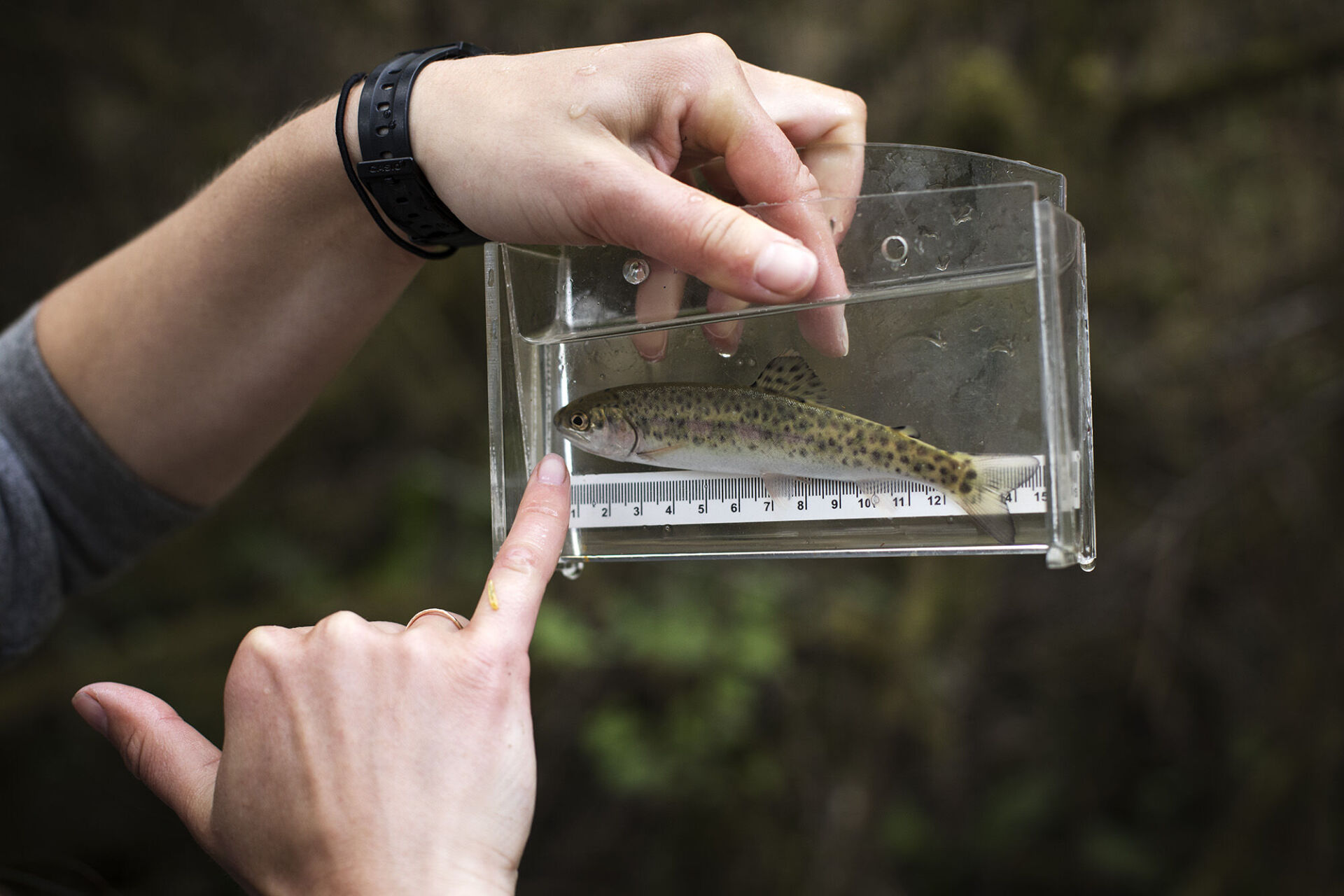Environmental Technician Certificate Program - April/May 2021
Outline:
The Environmental Technician Certificate Program (ETCP) is a five-week, 200-hour course that will provide participants with certification as an environmental monitor and technician.
The ETCP is designed to be delivered directly within communities, utilizing local environmental sites and conditions as the "classroom". The ETCP courses and program are highly applied 'hands-on' training sessions, with field work, demonstrations, and/or field training taking place most days. The ETCP Program has been accredited by the College of Applied Biology, making it easier for students to obtain their ABT (Accredited Biological Technician) Designation.
The ETCP is designed to address the nation-wide need for certified, skilled aboriginal environmental technicians. The ETCP will train practitioners in in-demand environmental monitoring skills and abilities required to assist: biologists, environmental technicians, engineers, hydrologists, and site restoration and environmental monitoring professionals.
Content:
The ETCP is comprised of a series of 1-week courses:
- Land Monitoring Skills (5 days)
- Water Monitoring Skills (5 days)
- Construction Site Monitoring Skills (5 days)
- Fish and Fish Habitat Monitoring Skills (5 days)
- Essential Environmental Skills (5 days)
To learn more about the content of each 1-week course, please click here.
The daily delivery format is typically an 8-hour session, with most days involving field training sessions. Classroom and field sessions typically run from 9 am - 5 pm respectively. Longer field sessions are common when extensive travel to field sites is involved.
Class vs field will vary course-by-course. Approximately 3/4's of each course is field-based, 'hands-on' training (weather dependent).
Student Equipment:
NREP provides all field and classroom-related supplies and equipment including course manuals, electrofisher units and accessories, dip-nets, linesman gloves, biological sampling, and fish inventory equipment, and associated field equipment.
Participants must supply their own personal field gear and clothing. Equipment will vary course-by-course.
Mandatory items include:
- appropriate field work clothing
- sturdy footwear
- raingear
- work gloves
- Field vest/Hi-vis vest
- Bag lunch and beverages (daily)
For the 'Fish and Fish Habitat Assessment' and/or 'Water Monitoring Skills' modules:
- leak-proof chest waders (rubber, nylon, or neoprene) with non-slip footwear (eg. felt or cleated soles)
- brimmed hat
- wading belt and polarized sunglasses
Prerequisites:
Course fee:
How to register:
To register, please contact:
Mandala Smulders at 250-522-1269 or mandala@clayoquot.org
or
Chris Godfreyson at 250-740-6372 or chris.godfreyson@viu.ca

